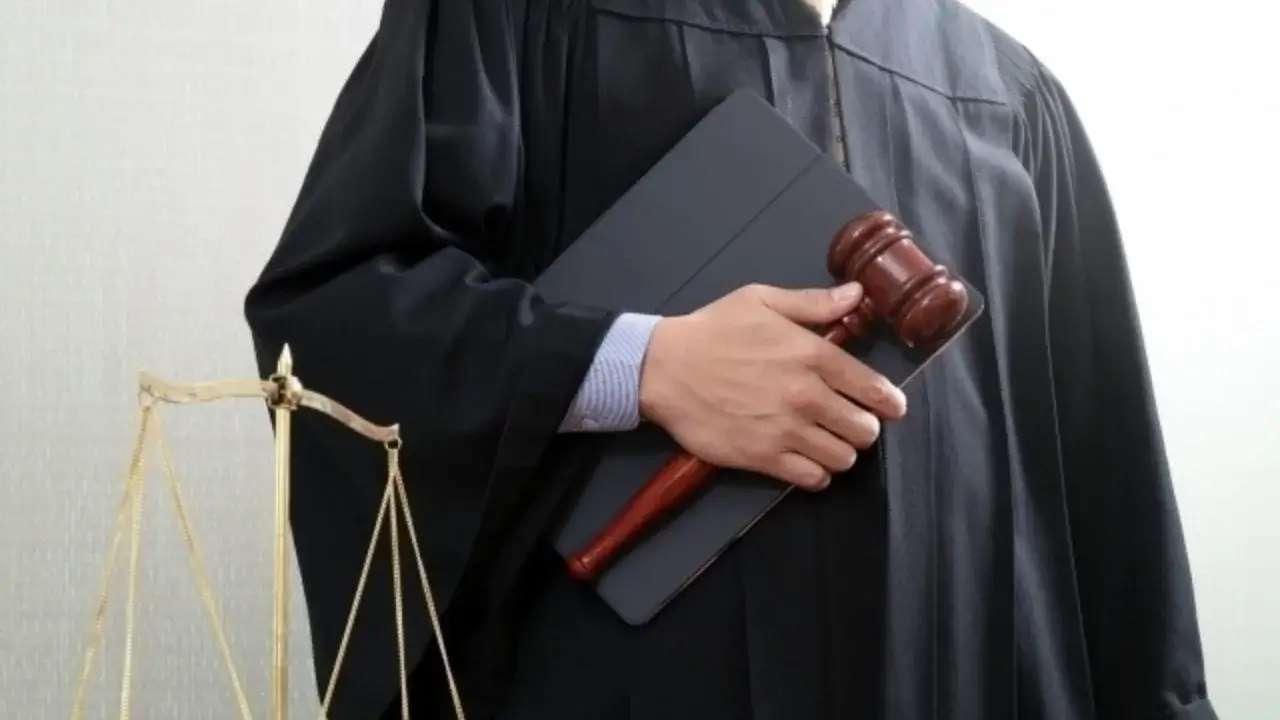New academy opens for judicial candidates

Uzbekistan is implementing a major reform aimed at fundamentally improving the judicial system and elevating the preparation of judicial candidates to a new level. According to the Presidential decree adopted on August 21, the “Academy of Justice of the Republic of Uzbekistan” will be established on the basis of the Higher School of Judges under the Supreme Council of Judges.
Starting from October 1, 2025, candidates for judicial positions will undergo a special six-month professional retraining course at the Academy, funded by a state grant. Their current jobs will be retained during the study period, and they will receive a monthly stipend equal to the salary of a judge’s assistant.
Admission to the course will be based on a competitive selection process, which includes the following stages:
psychology test;
foreign language exam;
test in judicial specialization;
written exam;
personal interview.
Graduates who successfully pass the final certification will be eligible to participate in competitions for vacant judicial positions. However, those who fail to complete the program or refuse the offered position will be required to fully reimburse the stipend they received during the course.
In addition, a mandatory system of professional development will be introduced for judges and court staff. In particular:
judges appointed for a term of 5 years — a training course of at least two weeks every two years;
judges appointed for a term of 10 years — a course of at least two weeks every three years;
Supreme Court judges, court chairpersons and their deputies — a course of at least one week every three years;
judges with low performance ratings — an extraordinary training course of at least two weeks;
court staff — a training course of at least one week every two years.
In the future, only judges who have successfully completed retraining courses will be appointed to leadership positions. Moreover, starting from the 2026/2027 academic year, a master’s program in “Judicial Activity” will be introduced at the Academy.
These reforms are expected not only to ensure the high-quality training of future judges but also to enhance the qualifications of current judges and improve the overall efficiency of the judicial system.
Read “Zamin” on Telegram!




















